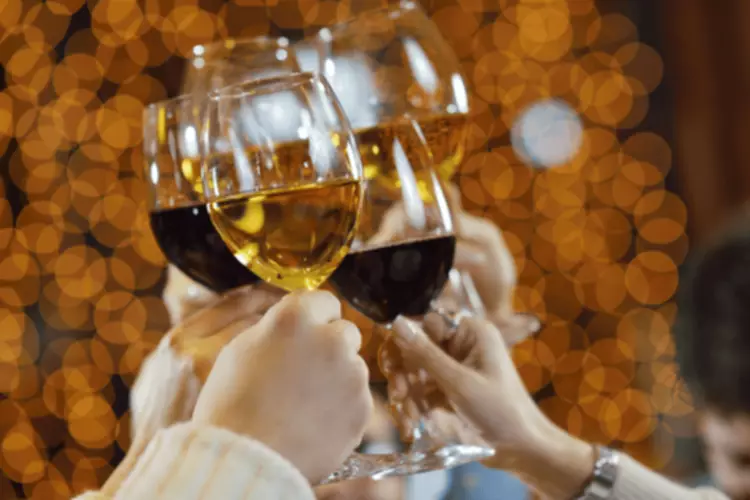Content
We publish material that is researched, cited, edited and reviewed by licensed medical professionals. The information we provide is not intended to be a substitute for professional medical advice, diagnosis or treatment. It should not be used in place of the advice of your physician or other qualified healthcare providers. Why does it often seem like people recovering from alcohol addiction suddenly develop a massive sweet tooth? There are a number of reasons why this phenomenon is such a common occurrence.
- Essentially, sugar acts as a natural replacement, both physically and psychologically, for alcohol.
- However, eating too much sugar can trigger serious consequences for an alcoholic.
- Sugar affects the brain’s neural pathways, and weight gain affects the individual’s self-esteem and poses a risk to an alcohol relapse.
- Dopamine is sometimes called the reward chemical because it creates feelings of pleasure – the very feelings the brain wants to replicate.
- People with substance use disorders often experience intense sugar cravings.
- And it turns out that your brain on sugar isn’t so different.
In this study, it was found that there is evidence that links the consumption of sweets and alcohol between humans and animals, and their preferences for such. The study shows that preference for sweets can be genetic, but that there is a link between a preference for sugar as well as alcohol. Alcoholic subjects preferred the sweeter sucrose solutions that were given. Glutamine, an amino acid, may also help stop sugar cravings in some people (for others it may have no effect).
Back to Mental Health
If you’re prone to addictive behaviors, then you may be more likely to turn to other alternatives, such as sugar, to stay sober. Sugar affects the brain’s neural pathways, and weight gain affects the individual’s self-esteem and poses a risk to an alcohol relapse. As such, individuals in recovery from alcohol should prioritize their nutrition and pay attention to their sugar intake. Addiction specialists and addiction treatment centers are placing more focus on the nutritional component of recovery.
- Best of all, the whole thing can be done from an app on your smartphone.
- It is this feeling that the brain craves when it is using alcohol.
- This is because when someone stops eating, their body breaks down glycogen and turns it into sugar for energy.
- “And it looks for what it has in its environment, which is so often sugar.”
You can find it in a supplement, often with other trace minerals that also help. Herbs such as gymnema, berberine, kudzu, and cinnamon can why do alcoholics crave sugar help. The most common eating schedule in a rehab center is three meals per day (breakfast, lunch and dinner) with snacks in between.
Give Yourself a Break
Studies show that alcoholism is at least partially hereditary, and this may also be true of sugar addiction. Scientists have discovered that children of alcoholic parents may be more likely to have a sweet tooth. And it turns out that your brain on sugar isn’t so different. Sugar also triggers dopamine receptors https://ecosoberhouse.com/ in the brain, and over time a person can become desensitized to it, while experiencing strong cravings. In other words, sugar addiction is a real thing, and follows a similar formula in the brain to alcohol addiction. Without staying on top of your sugar intake, you can find yourself caught in this cycle.

Exercise will help with cravings and your mood, especially if you take it outside to get some sunshine. Being out in the sun boosts dopamine and vitamin D and just makes you feel pretty damn good. When you drink heavily for an extended period of time, it rewires and reshapes your brain. We become overly sensitive to the craving cycle and susceptible to impulsive behavior.
Grief and Alcohol: How To Cope With Loss Without Drinking
Giving in to sugar cravings during recovery from alcohol is commonplace. Rehabilitation centers often offer high-sugar foods as do mutual-help groups. Even the primary text of Alcoholics Anonymous, known as “The Big Book,” encourages those in sobriety to keep candy on hand in order to curb cravings for alcohol. It’s not uncommon for individuals who once struggled with alcohol to turn to food in recovery, especially sugary foods. There are psychological and physiological reasons as to why this occurs. Some people may be concerned about their cravings for sugar and dopamine in early sobriety.


